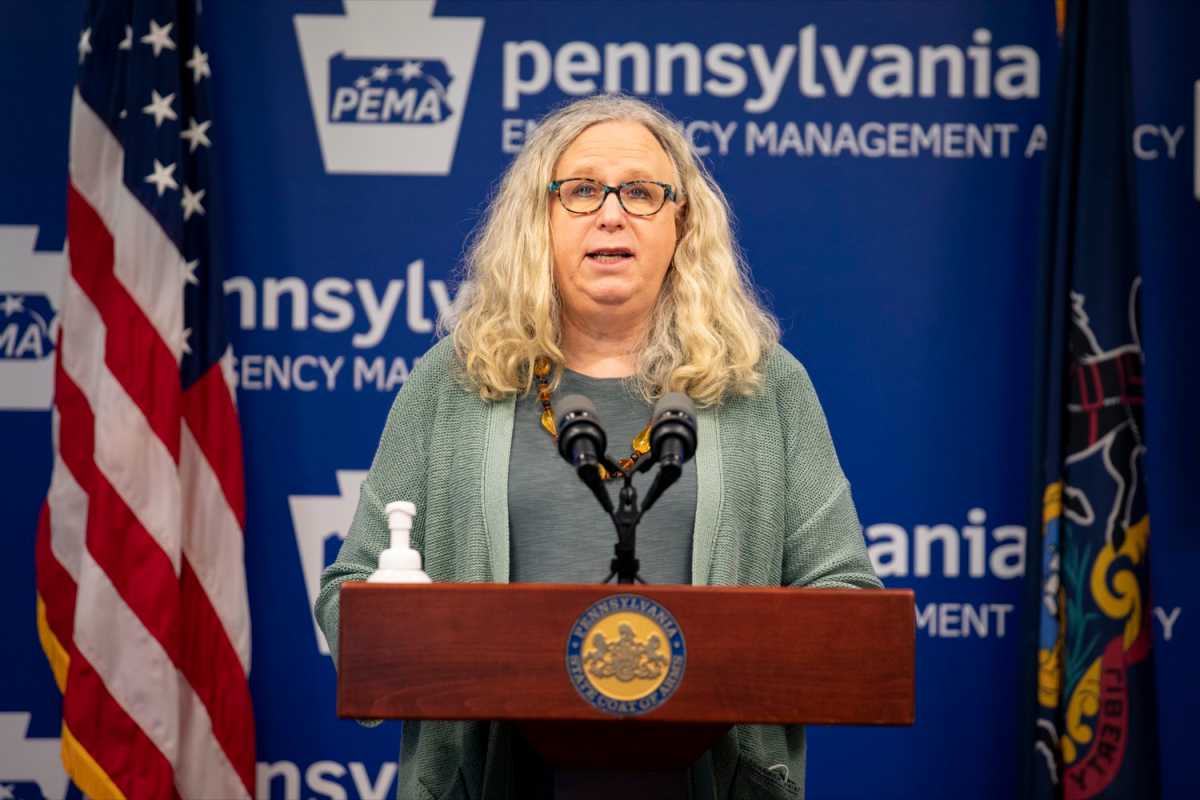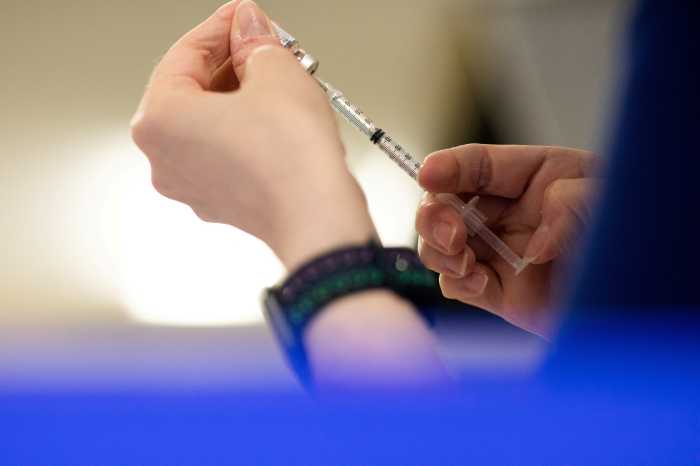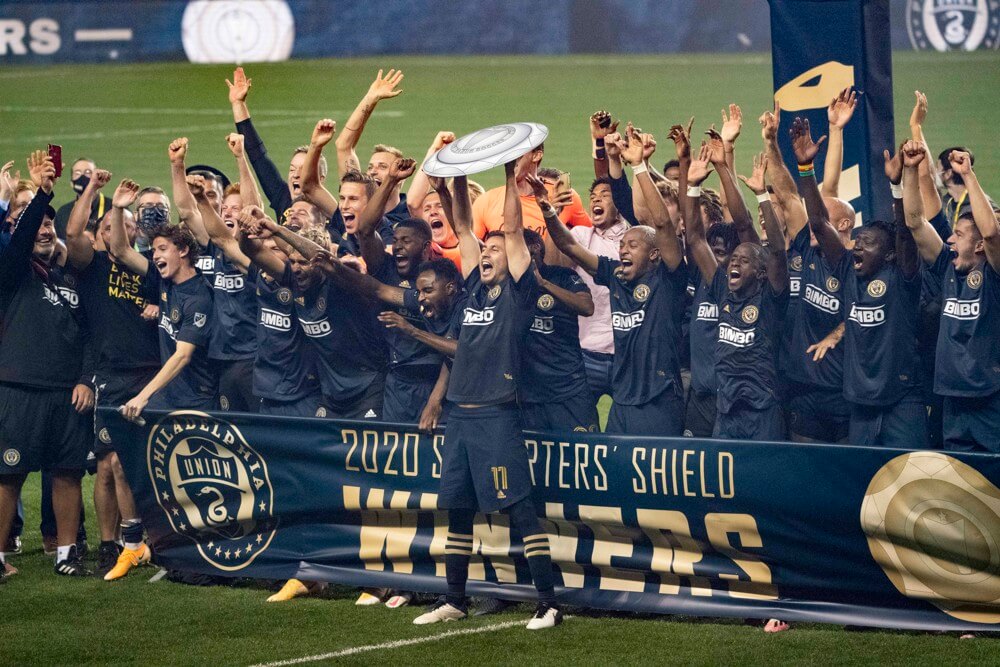Pennsylvania Health Secretary Rachel Levine said Thursday that the state plans to “double down” on existing pandemic-related limits, rather than implement new restrictions, even as the single-day case count topped 5,000 for the first time.
Additional measures haven’t been ruled out, but it appears state and local officials are attempting to avoid the kind of wide-spread lockdown that was imposed in the spring.
The healthcare system is better prepared than it was in March, when the first cases emerged, Levine said. Medical professionals now have more tools at their disposal to treat the virus and more personal protective equipment, she said.
“We want to make sure that we highlight the mitigation orders that we all have in place,” said Levine, who specifically mentioned limits on gatherings and indoor dining, as well as the state’s universal masking order.
“I can’t predict the future of what mitigation orders might be necessary at some future date,” she added.
Officials, Levine said, are analyzing data, including the state’s positive test rate, case counts, hospitalizations and deaths, to determine if and when further action will be necessary.
“We want to be very strategic in terms of what we do,” Levine said.
Hospitals around the state have been seeing more coronavirus patients, but the medical system is “not overwhelmed by any means,” she said.
In Philadelphia, 432 virus patients are hospitalized and 30 are hooked up to ventilators, according to a state dashboard. A total of 2,080 are being treated at hospitals across the state.
On Thursday, Pennsylvania reported 5,488 new cases, an all-time high, while the city registered 349, a significant drop compared to the previous several days.
Officials in Montgomery County considered during a public meeting Thursday whether to shut down schools for two weeks, and a final decision is expected Friday.
State leaders have signaled that they will leave local school administrators and health authorities in control of whether students can continue face-to-face classes.
Just under 100 K-12 schools in the city have been offering some form of face-to-face instruction.
Though many schools have seen cases, city officials have said that there’s only been a few instances of outbreaks that appear to have spread within the classroom.
Earlier this week, the School District of Philadelphia, which has been 100% virtual since March, announced that students in pre-K through second grade would not be returning for in-person classes Nov. 30 as planned due to rising case counts.
Superintendent William Hite, on a call with reporters Thursday, reiterated his desire to bring back students some time this school year, even if it’s only for a month or two.
“I think any in-person instruction is better than none at all,” Hite said. “We would like to have all children come back, if at all possible, this school year.”
He said the district is in conversations with city officials about opening up additional Access Centers, which are city-run sites where parents who register can drop off their children during the day to complete their virtual assignments.
Representatives from the city’s Office of Children and Families said there are currently no plans to expand the centers.
However, slots remain open at the 77 Access Center locations, and parents who are interested in signing up can go to www.phila.gov/accesscenters or call 215-709-5366.
Meanwhile, SEPTA said Thursday that a schedule change will be going into effect this weekend to give extra time for crews to sanitize stations on the Broad Street and Market Frankford lines.
Trains, which normally run 24 hours on weekends, will be replaced by buses between 12:30 a.m. and 5:30 a.m. Buses will run every 15 minutes, the authority said. Similar “night owl” shuttles operate overnight on weekdays.
In other COVID-19 news, officials said Thursday that the city will be committing $30 million in CARES Act funding to rental assistance and small business grant programs.
A majority of the money, $20 million, will go toward providing one-time payments to tenants who applied for rental assistance but could not receive it because their landlord did not respond when contacted by the city.
Tenants will receive their rent payment for up to six months, up to a maximum of $9,000, officials said.
Municipal leaders estimate the funding will benefit 4,000 households.
On the business side, $10 million will be spent through the COVID-19 Relief Statewide Small Business Assistance program.
Grants will be distributed to about 1,500 Philadelphia businesses that haven’t already received funding from the state initiative.


















